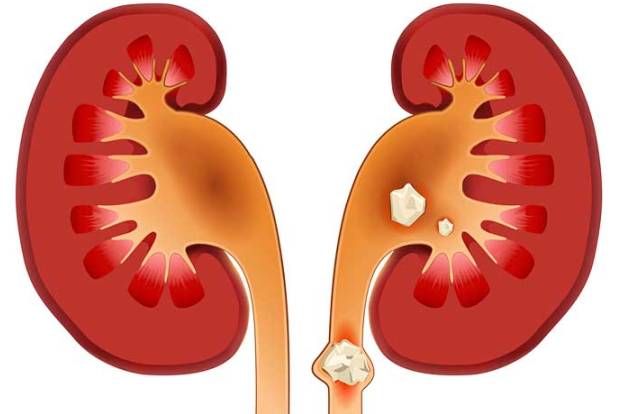Categories
- Bariatric Surgery (11)
- Black Fungus (5)
- Bone Marrow transplant (3)
- Brain Tumor Surgery Navigation Technology (20)
- Cardiac Surgery (66)
- Cardiology (97)
- Computer navigation technology for joint replacements (20)
- Covid Vaccination (17)
- Critical Care (2)
- Dental (19)
- Dermatology (31)
- Dialysis Support Group - “UTSAAH” (11)
- Dietitian (33)
- Emergency Medicine (4)
- Emotional Health (11)
- Endocrinology (33)
- ENT (20)
- Gastroenterology and GI Surgery (53)
- General and Laparoscopic Surgery (21)
- General Surgery (4)
- Gynecology & Obstetrics (183)
- Hematology (20)
- Internal Medicine (294)
- Kidney Transplant (50)
- Kidney Transplantation (20)
- Lung Cancer (8)
- Minimal Invasive Surgery (1)
- Mother & Child (20)
- mucormycosis (5)
- Nephrology (61)
- Neurology (147)
- Neurosurgery (68)
- Nutrition and Dietetics (107)
- Omicron Variant (1)
- Oncology (288)
- Ophthalmology (10)
- Orthopaedics & Joint Replacement (86)
- Paediatrics (59)
- Pediatric Nephrology (3)
- Physiotherapy (5)
- Plastic & Reconstructive Surgery (6)
- Psychiatry and Psychology (90)
- Psychologist (28)
- Pulmonology (72)
- Rheumatology (13)
- Spine Services (21)
- Transradial Angioplasty (16)
- Urology (84)
Query Form
Posted on Apr 19, 2022
How is Male Infertility Diagnosed?
Depending on the diagnosis of the reason for male infertility and the severity of the same, the treating doctor recommends the treatment protocol – medication, surgery or specialized procedures. There are different methods of diagnosing male infertility.
How is male infertility diagnosed?

- The diagnosis starts by a detailed medical history and physical examination of the patient. If the doctor suspects male infertility then the next set of tests are done – sperm analysis. The sperm is obtained through masturbation into a sterilized plastic cup by the patient. The sperm analysis will analyze the number of sperm, the shape, and the movement of the sperm. If the analysis shows a problem then the doctor may recommend other investigations.
- For example, a trans rectal ultrasound may be done, an imaging test that places a probe into the rectum to beam high-frequency sound waves to nearby ejaculatory ducts. This test can help the physician in determining if these structures are either poorly developed or obstructed with cysts, calcifications or other blockages.
- A testicular biopsy may be done when a semen analysis shows very low number of sperm or no sperm. This test is performed in an operating room under general or regional anesthesia through a small cut in the scrotum. It can also be done in a clinic using a needle inserted through skin over the testicle that has been anesthetized. A small piece of tissue is removed from each testicle for microscopic evaluation. The biopsy can help serve two purposes: to determine the cause of infertility, and also to retrieve sperm for use in assisted reproduction, if needed.
- A hormonal profile can be done to discover the sperm-producing ability of your testicles and to rule out serious conditions. For instance, follicle-stimulating hormone (FSH) is the pituitary hormone responsible for stimulating testicles to produce sperm. High levels may indicate that the pituitary is trying to stimulate the testicles to make sperm though they are not responding.
Based on the results the urologist can suggest the best medication, surgery or special procedure option to treat the infertility. If you are experiencing male infertility, its best that you visit the sexual health clinic and consult a urologist



